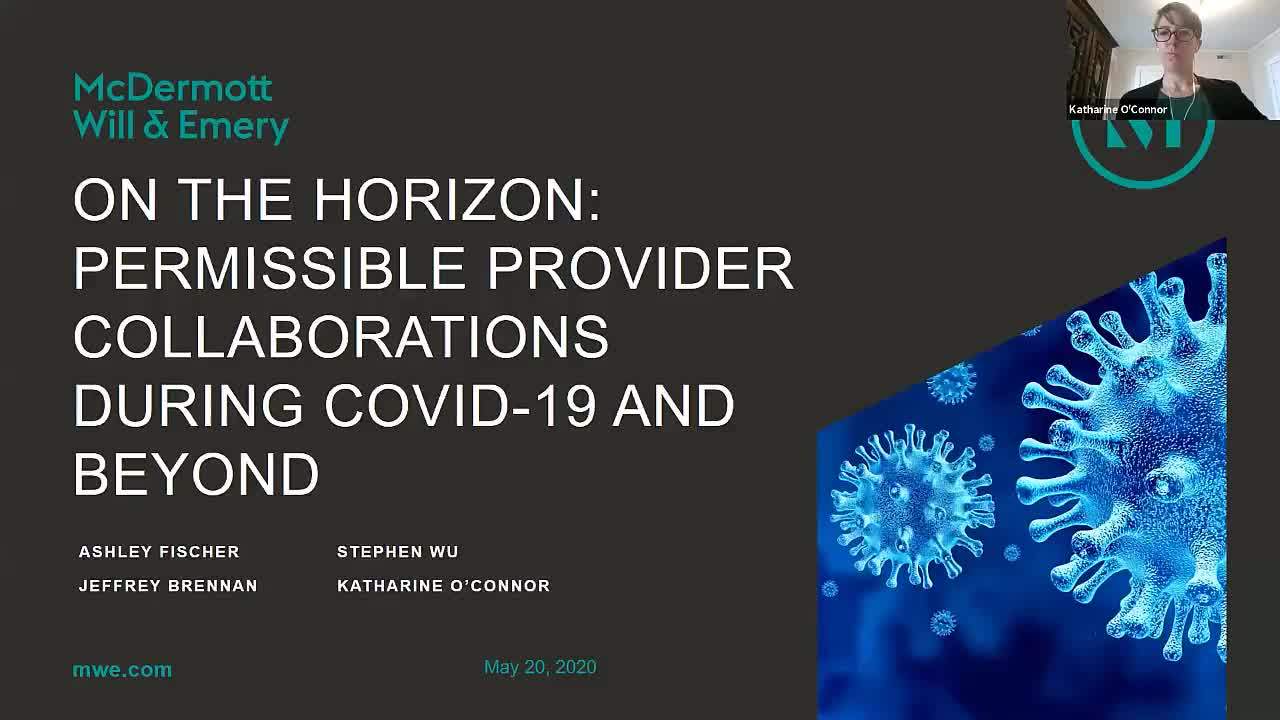President Biden recently issued an executive order affirming his administration’s policy of enforcing the antitrust laws to “combat the excessive consolidation of industry” and cited healthcare markets as one of several priorities. The Federal Trade Commission (FTC) and US Department of Justice (DOJ) already have been actively enforcing the antitrust laws in provider consolidation matters. The FTC is currently challenging the proposed merger of two health systems in New Jersey, and in the past year unsuccessfully challenged the combination of Jefferson Health and Einstein Health in Philadelphia and successfully challenged the proposed combination of two health systems (Methodist Le Bonheur and Saint Francis) in Memphis.
The executive order follows a proposed bill to increase budgets for the FTC and DOJ, FTC resolutions on compulsory process in healthcare investigations, congressional calls to investigate the use of COVID-19 Provider Relief Fund payments for acquisitions, the FTC physician practice acquisition retrospective and other health antitrust developments.
read more

 Subscribe
Subscribe Competitor Collaborations
Competitor Collaborations 
